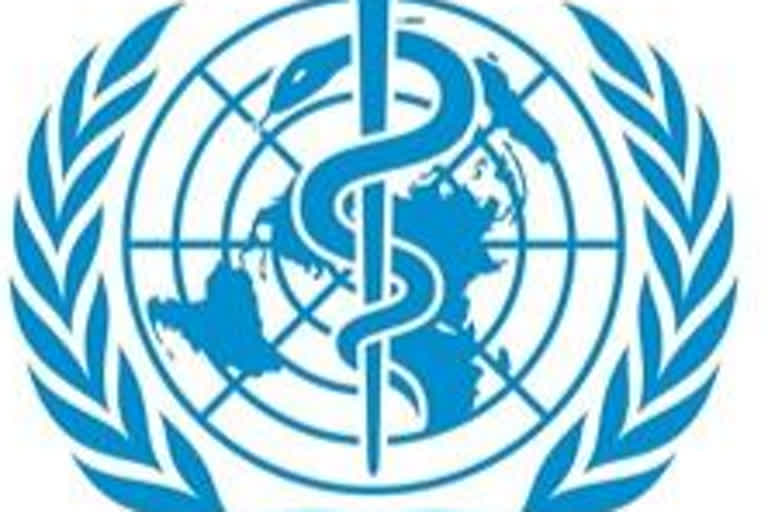Geneva (Switzerland): The World Health Organisation's emergencies chief has said that the impact of new variants of COVID-19 in places like Britain, South Africa and Brazil remains to be seen, citing human behaviour for some recent rises in infection counts.
It's just too easy to lay the blame on the variant and say, 'It's the virus that did it,' Dr Michael Ryan told reporters on Friday. Well unfortunately, it's also what we didn't do that did it. That was an allusion to holiday merrymaking and other social contacts plus loosening adherence -- in pockets -- to calls from public health officials for people to respect measures like physical distancing, regular hand hygiene and mask-wearing.
Also Friday, the WHO's Emergencies Committee issued new recommendations that countries should not require proof of vaccination by incoming travellers amid the pandemic, saying decisions on international travel should be coordinated, limited in time, and based on both the risks and the science.
If you look at the recommendation made by the committee around vaccination for travellers, it says 'at the present time,' Ryan said. He pointed out that such recommendations noted that vaccines are still not widespread and that it remains unclear whether they prevent transmission between people.
The recommendations came after the committee's first meeting in nearly three months. To little surprise, the panel agreed that the outbreak remains a global health emergency, nearly a year after it declared it as one.
